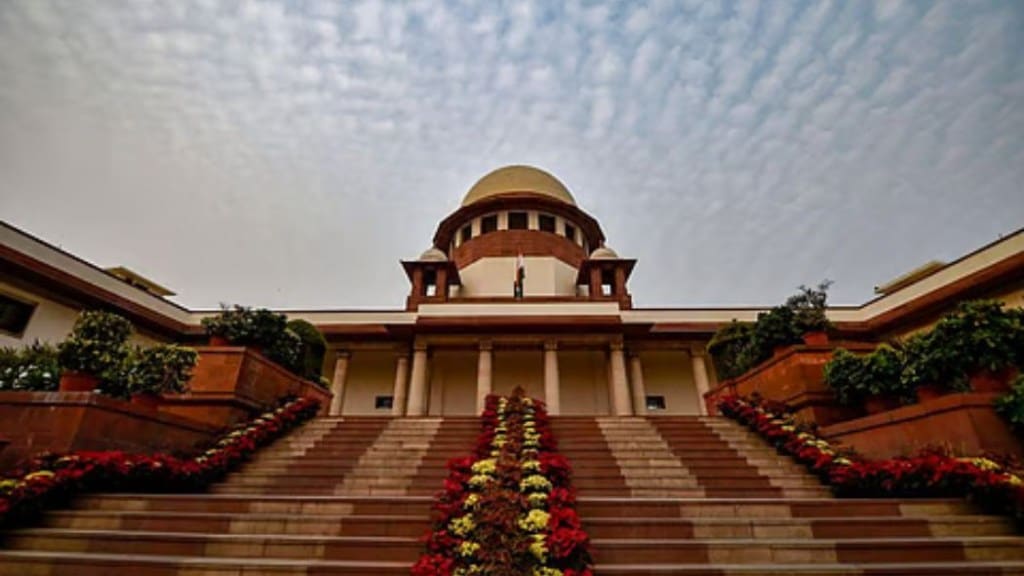The Supreme Court on Wednesday held that fixing timeline for the Governors to decide on bills would be “trampling upon separation of powers”, and hence the same cannot be done. The five-judge bench, however, noted that the Governors do not have “unfettered power to sit over bills passed by state assemblies”, and that they must exercise on of the three options available to them, ie. – either to grant assent or send bills for reconsideration or refer them to President.
The court said it would be not in the interest of federalism if the Governor withhold bills without following due process as per Article 200.
“Against interest of federalism, if Governor without following due process under Article 200, is allowed to withhold bills passed by assembly…We don’t think governors have unfettered power to sit over bills passed by state assemblies,” the court said.
In democratic country like ours, fixing timelines for governors is against elasticity provided by Constitution…Governors can’t sit on bills indefinitely but fixing timelines would be trampling upon separation of powers,” the bench noted.
It then held that timelines cannot be fixed for Governor for giving assent to bills passed by assembly.
SC’s Unanimous Verdict
Chief Justice of India (CJI) BR Gavai said the verdict is unanimous, adding that judiciary setting timeline for Governors “amounts to taking over functions of constitutional authority”.
The bench also comprising Justices Surya Kant, Vikram Nath, P S Narasimha and A S Chandurkar said, “We don’t think governors have unfettered power to sit over bills passed by state assemblies”.
While answering the Presidential reference in which President Droupadi Murmu has sought the opinion of the top court under Article 143 (1) of the Constitution, the bench said that governors have three options — either to grant assent or send bills for reconsideration or refer them to the President.
The top court also ruled that the discharge of Governor’s power under Article 200 is not justiciable.

